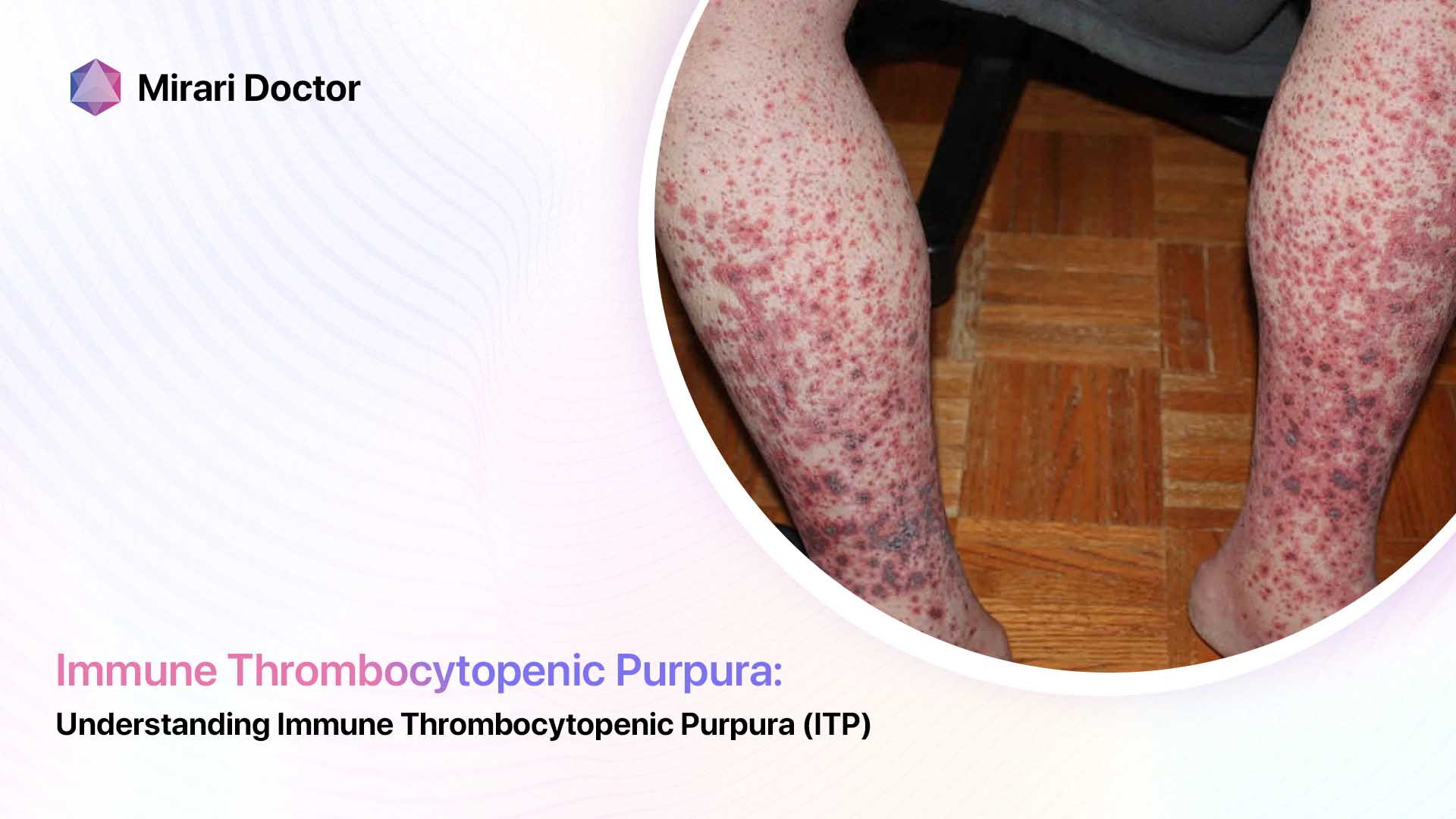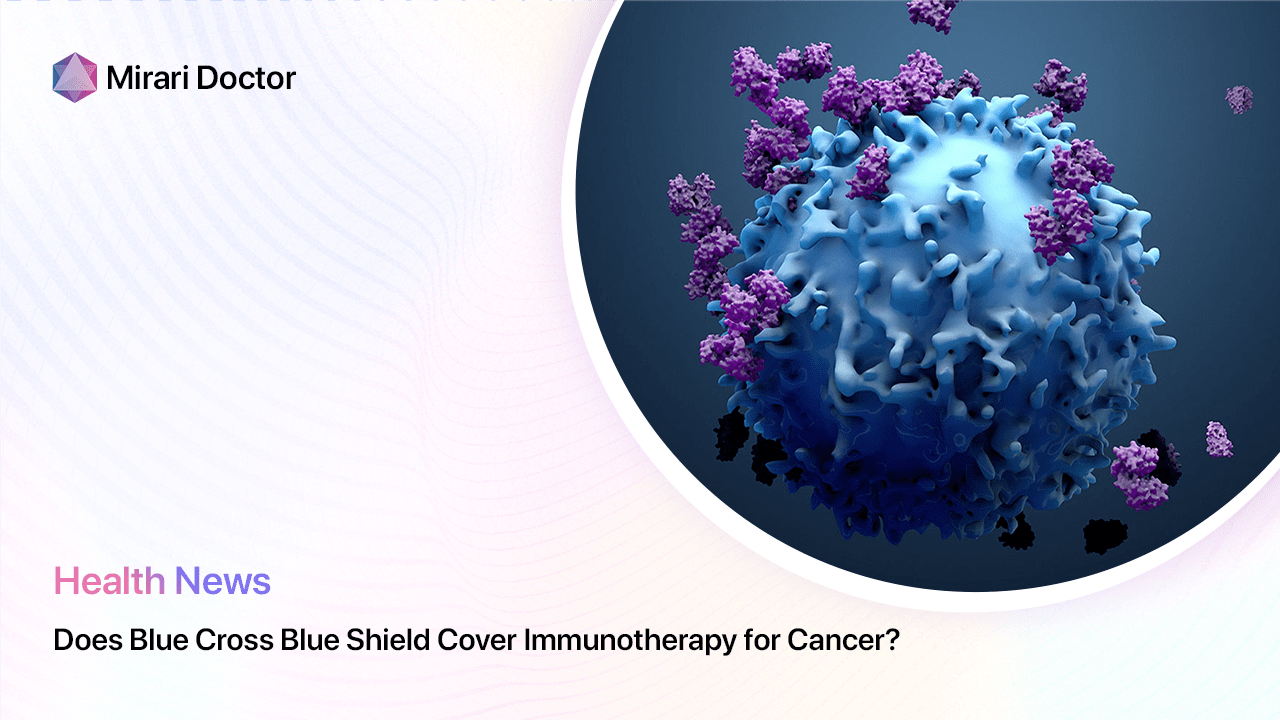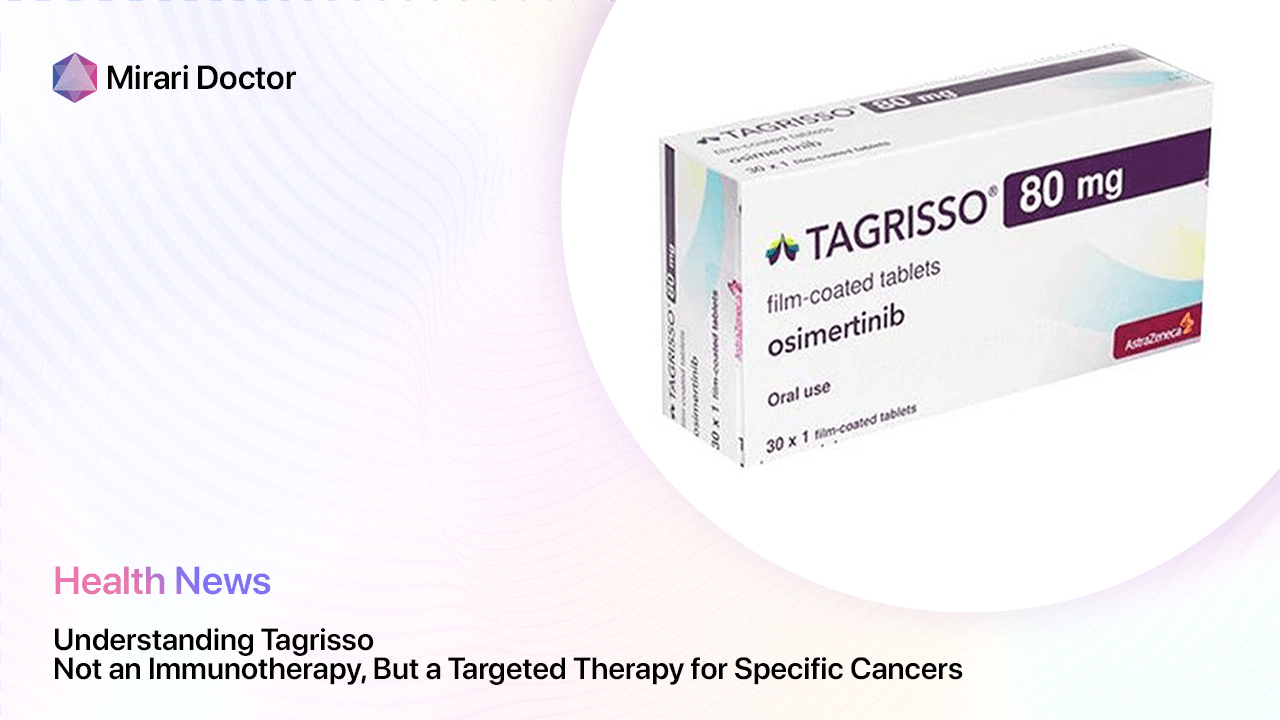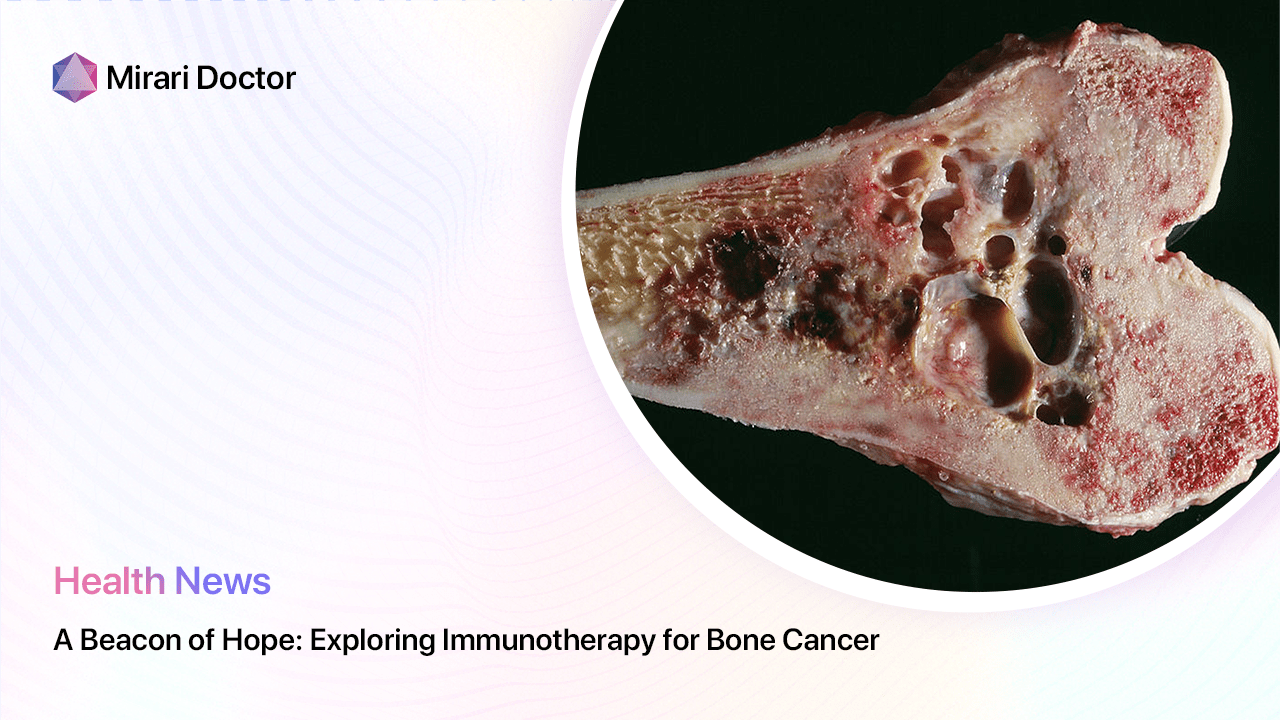
Introduction: Immunotherapy has transformed cancer treatment by harnessing the body’s immune system to fight cancer. As new immunotherapies emerge, accurately capturing related data through medical coding is essential for advancing patient care. This article explains key concepts in immunotherapy and ICD-10 coding to promote proper classification of cancer immunotherapy encounters.
ICD-10 Codes for Immunotherapy
The ICD-10-CM coding system is utilized across healthcare for standardized classification of medical diagnoses, procedures, and encounters. Specific ICD-10 codes relevant to cancer immunotherapy include:
- Z51.12 Encounter for antineoplastic immunotherapy
- Indicates patient visit to receive immunotherapy treatment
- T45.8X5A Adverse effect of antineoplastic and immunosuppressive drugs
- Covers side effects which are important to document
- Z92.29 Personal history of other immunotherapy
- Notes history of prior immunotherapy to inform care
Immunotherapy Types: Additionally, codes for different major immunotherapy categories:
Immune Checkpoint Inhibitors:
- Z51.81 Encounter for therapeutic drug monitoring
- Applies to PD-1 inhibitors like pembrolizumab
- Z51.89 Encounter for other specified aftercare
- Used for CTLA-4 inhibitors such as ipilimumab
CAR T-Cell Therapy:
- Z51.81 Encounter for therapeutic drug monitoring
- Monitors CAR T-cell levels
- T80.89XA Other complications following infusion
- Captures cytokine release syndrome
Cytokine Therapy:
- Z51.89 Encounter for other specified aftercare
- Covers agents like interferon and interleukin
Accurately capturing the specific type of immunotherapy administered enables analysis of treatment efficacy and safety data across different modalities.

Encounter for Antineoplastic Immunotherapy
An “encounter for antineoplastic immunotherapy” refers to a clinical visit where a patient receives immunotherapy infusions or injections to treat cancer.
ICD-10 Code: The assigned ICD-10 CM code for this type of encounter is Z51.12 – “Encounter for antineoplastic immunotherapy.”
Defining the encounter specifically as immunotherapy rather than general antineoplastic therapy facilitates:
- Precise documentation in the medical record
- Appropriate reimbursement through medical billing
- Reliable data to advance treatment protocols
Importance of Accurate ICD-10 Coding
As cancer immunotherapy continues to progress, proper ICD-10 coding serves multiple important functions:
For Patients
- Ensures accurate medical history
- Enables insurance claims/reimbursement
For Providers
- Supports clinical decision-making
- Allows tracking of treatment efficacy
- Assists safety/outcomes research
For Health Systems
- Facilitates quality benchmarking
- Informs resource allocation
- Supports new policy development
Conversely, inaccurate coding can lead to:
- Denied insurance claims
- Inadequate treatment analysis
- Distorted healthcare data
Establishing and adhering to clear coding standards for cancer immunotherapy encounters promotes optimal patient care and health system efficiency.

Resources for Further Information
Reliable resources for more information on ICD-10 coding for cancer immunotherapy include:
- ICD10Data.com
- American Hospital Association Coding Clinic
- Journal of Oncology Practice
- American Society of Clinical Oncology
- American Health Information Management Association
“Immunotherapy is a powerful tool in the fight against cancer, but only if the data fully captures our experiences with these cutting-edge approaches.” – ASCO President Lori Pierce, MD, FASTRO
Key Takeaways
- Immunotherapy is transforming cancer treatment, with many types emerging
- ICD-10 coding accurately classifies immunotherapy encounters
- Specific codes like Z51.12 distinguish immunotherapy from general cancer therapy
- Clear coding is vital for treatment analysis, billing, policymaking and more
- Coding guidelines must evolve parallel to rapid changes in immunotherapy
Accurate ICD-10 coding lays the data foundation for advancing cancer immunotherapy and improving patient outcomes.
Frequently Asked Questions
What is the ICD-10 code for encounter for immunotherapy?
The ICD-10 CM code used specifically for encounter for antineoplastic immunotherapy is Z51.12.
How are new immunotherapy drugs coded in ICD-10?
As new immunotherapies are approved, coding updates are released indicating which existing or new ICD-10 codes apply based on the drug’s mechanism of action.
Where can doctors find immunotherapy coding resources?
Reliable coding resources are available through medical associations like ASCO, AMA, AHA, AHIMA etc. as well as official ICD-10 data references.
Who can I contact if I have questions on the Z51.12 encounter code?
Contact your healthcare organization’s ICD-10 coding experts for guidance on appropriate use of Z51.12 or other immunotherapy codes.
Why does specificity in immunotherapy coding matter for patient care?
Precise coding enables accurate treatment analysis to drive safety research, quality benchmarking, clinical guidelines and new policy – ultimately improving patient outcomes.
Related articles
Made in USA


















